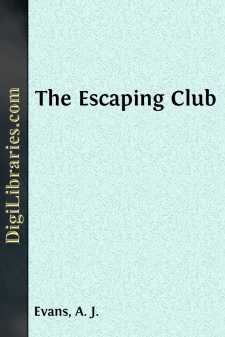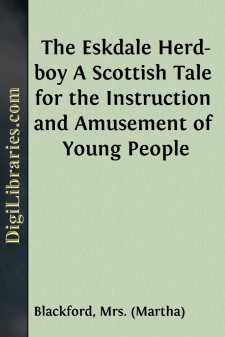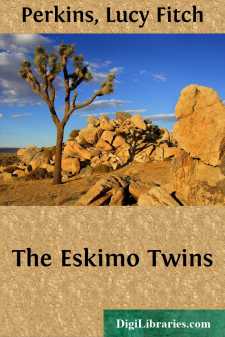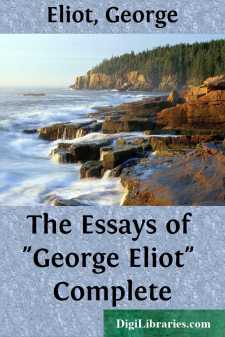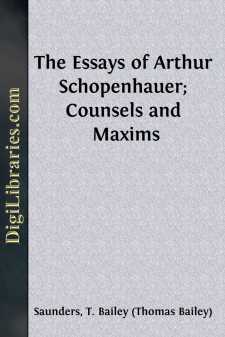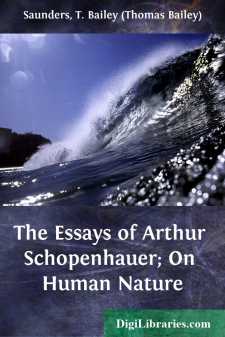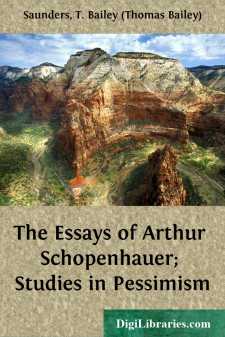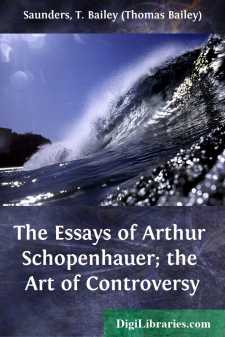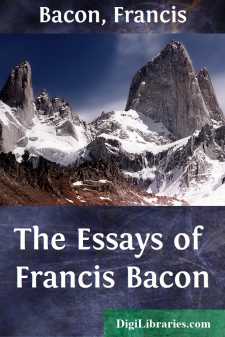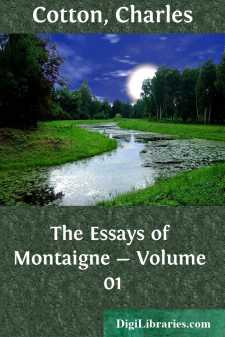Categories
- Antiques & Collectibles 13
- Architecture 36
- Art 48
- Bibles 22
- Biography & Autobiography 813
- Body, Mind & Spirit 142
- Business & Economics 28
- Children's Books 13
- Children's Fiction 10
- Computers 4
- Cooking 94
- Crafts & Hobbies 4
- Drama 346
- Education 46
- Family & Relationships 57
- Fiction 11828
- Games 19
- Gardening 17
- Health & Fitness 34
- History 1377
- House & Home 1
- Humor 147
- Juvenile Fiction 1873
- Juvenile Nonfiction 202
- Language Arts & Disciplines 88
- Law 16
- Literary Collections 686
- Literary Criticism 179
- Mathematics 13
- Medical 41
- Music 40
- Nature 179
- Non-Classifiable 1768
- Performing Arts 7
- Periodicals 1453
- Philosophy 64
- Photography 2
- Poetry 896
- Political Science 203
- Psychology 42
- Reference 154
- Religion 513
- Science 126
- Self-Help 84
- Social Science 81
- Sports & Recreation 34
- Study Aids 3
- Technology & Engineering 59
- Transportation 23
- Travel 463
- True Crime 29
Sort by:
by:
A. J. Evans
CHAPTER I CAPTURE For over three months No. 3 Squadron had been occupied daily in ranging the heavy guns which night after night crept into their allotted positions in front of Albert. On July 1st 1916 the Somme offensive opened with gas and smoke and a bombardment of unprecedented severity. To the pilots and observers in an artillery squadron the beginning of this battle brought a certain relief, for...
more...
CHAP. I. In the year 1807 there stood on the beautiful banks of the river Esk, in Dumfriesshire, one of the most southern counties in Scotland, a small cottage. The neat white walls, well-thatched roof, and clean casement-windows, ornamented as they were with honeysuckles and roses, attracted the admiration of a few strangers, who, from the uncommon beauty and grandeur of the scenery, were tempted to...
more...
THE ESKIMO TWINS This is the true story of Menie and Monnie and their two little dogs, Nip and Tup. Menie and Monnie are twins, and they live far away in the North, near the very edge. They are five years old. Menie is the boy, and Monnie is the girl. But you cannot tell which is Menie and which is Monnie,—not even if you look ever so hard at their pictures! That is because they dress alike. When...
more...
by:
George Eliot
PREFACE. Since the death of George Eliot much public curiosity has been excited by the repeated allusions to, and quotations from, her contributions to periodical literature, and a leading newspaper gives expression to a general wish when it says that “this series of striking essays ought to be collected and reprinted, both because of substantive worth and because of the light they throw on the...
more...
CHAPTER I. GENERAL RULES.—SECTION 1. The first and foremost rule for the wise conduct of life seems to me to be contained in a view to which Aristotle parenthetically refers in the Nichomachean Ethics:[1] [Greek: o phronimoz to alupon dioke e ou to aedu] or, as it may be rendered, not pleasure, but freedom from pain, is what the wise man will aim at. [Footnote 1: vii. (12) 12.] The truth of this...
more...
HUMAN NATURE. Truths of the physical order may possess much external significance, but internal significance they have none. The latter is the privilege of intellectual and moral truths, which are concerned with the objectivation of the will in its highest stages, whereas physical truths are concerned with it in its lowest. For example, if we could establish the truth of what up till now is only a...
more...
ON THE SUFFERINGS OF THE WORLD. Unless suffering is the direct and immediate object of life, our existence must entirely fail of its aim. It is absurd to look upon the enormous amount of pain that abounds everywhere in the world, and originates in needs and necessities inseparable from life itself, as serving no purpose at all and the result of mere chance. Each separate misfortune, as it comes, seems,...
more...
THE ART OF CONTROVERSY. PRELIMINARY: LOGIC AND DIALECTIC. By the ancients, Logic and Dialectic were used as synonymous terms; although [Greek: logizesthai], "to think over, to consider, to calculate," and [Greek: dialegesthai], "to converse," are two very different things. The name Dialectic was, as we are informed by Diogenes Laertius, first used by Plato; and in the Phaedrus, Sophist,...
more...
by:
Francis Bacon
Of Truth WHAT is truth? said jesting Pilate, and would not stay for an answer. Certainly there be, that delight in giddiness, and count it a bondage to fix a belief; affecting free-will in thinking, as well as in acting. And though the sects of philosophers of that kind be gone, yet there remain certain discoursing wits, which are of the same veins, though there be not so much blood in them, as was in...
more...
by:
Charles Cotton
PREFACE. The present publication is intended to supply a recognised deficiency in our literature—a library edition of the Essays of Montaigne. This great French writer deserves to be regarded as a classic, not only in the land of his birth, but in all countries and in all literatures. His Essays, which are at once the most celebrated and the most permanent of his productions, form a magazine out of...
more...


